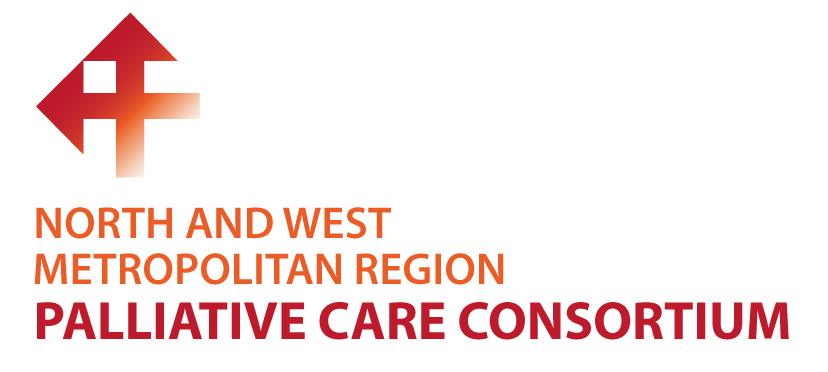Caring for people with disabilities
Victoria’s plan for making its community inclusive and accessible for everyone is described in Inclusive Victoria: state disability plan (2022–2026).
The Office for Disability leads the Victorian Government’s drive for universal change to improve the lives of people with a disability. The office works with private and public sector partners to promote the government’s long-term vision for inclusion and help improve community attitudes.
National Disabilities Services Palliative Care Resources
National Disabilities Services established a comprehensive resource page, Palliative Care, life limiting illness, and support for people with a disability designed to help individuals:
- Learn more about what palliative care is and how to support people living with a disability to access it
- Access palliative care supports and resources
- Link with existing palliative care services
The page includes the Disability Palliative Care Assessment Tool which assists disability support workers and team leaders identify deterioration in people with a disability.
Palliative Care Easy Read Resources
Palliative Care Victoria and VALID have created easy-to-read and Auslan resources to help professionals have difficult conversations and talk with people living with a disability about palliative care, death and grief.
End of Life and Palliative Care for People Living with a Disability
The Better Health Channel provides end of life and palliative care information for people living with a disability. This includes choosing a preferred site for care, and advance care planning.
Talking End of Life …with people with intellectual disability (TEL)
Talking End of Life …with people with intellectual disability (TEL) shows how to teach people with intellectual disability about the end of life. TEL is designed for disability support workers but is also helpful for others including families, health professionals, and educators. Go to the Modules tab to start using TEL.
Learning Guide for Disability Support Workers 2022
This guide is for Disability Support Workers providing care to people with a serious or life-limiting illness regardless of the setting of care.
Yooralla Palliative and End of Life Care for people with disability Resource
Yooralla has published their Insights into Practice resource Palliative and end of life care for people with disability which contains useful information, insights and links for carers and support workers.
Grief and loss in the disability sector Webinar
This one-hour webinar on grief and loss in the disability sector explores the range of issues related to understanding grief theory and key concepts and applies these to disability. The presenter is Meg Moorhouse, Clinical Lead, Bereavement Program at Melbourne City Mission Palliative Care.
Breaking barriers: A tailored palliative care model for people with intellectual disability
Improving palliative care services for people with an intellectual disability conducted by a team at UNSW Sydney has produced a range of resources and toolkits which are free to download.
Barriers and Opportunities Report
In 2024, the North and West Metropolitan Region Palliative Care Consortium prepared the Barriers and Opportunities to Palliative Care service provision for People with lived experience of a disability. It provides an overview of emerging issues encountered at the interface of providing palliative care for people with disabilities.
Statewide Disability Palliative Care Advisory Group
The Statewide Disability Palliative Care Advisory Group was established by the North and West Metropolitan Region Palliative Care Consortium. It supports Victorian agencies supporting people with disabilities and their families, health and palliative care service providers to identify and address access and equity issues. The group meets second monthly and enquiries can be directed to Karen Kessner
Pain Assessment Tools
Wong Baker Faces tool: A pain assessment tool developed for use in children, but can be helpful for people with limited verbal language.
Abbey Pain Scale (125kb pdf): A pain assessment tool developed for use in those with dementia who are unable to communicate.
Resources from Program of Experience in the Palliative Approach (PEPA)
Palliative Care Education and Training Collaborative has developed the Disability and Support Worker Online Learning Program. These modules are designed to be brief, just in time education, about palliative care for disability support workers.
